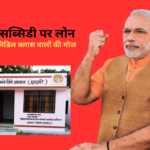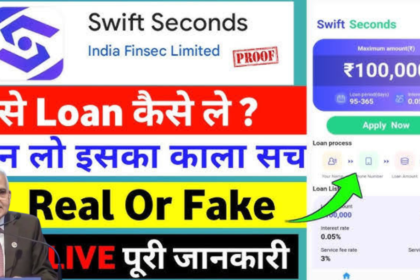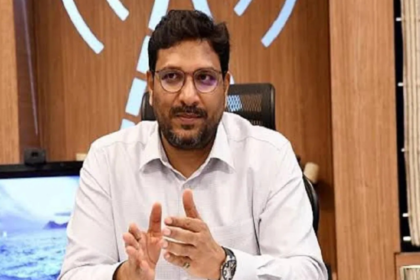Wipro Share Price Target 2025
Predicting the exact Wipro share price target 2025 involves speculation, as it…
Wipro Share Price 1976
Wipro Share Price 1976 1976 Wipro share price, 1976 Wipro stock price,…
Swift Second Loan Apply Online: इस तरीक़े से स्विफ्ट सेकंड लोन ऐप करे डाउनलोड
Swift Second Loan Apply Online : आज के समय में कभी भी…
कौन हैं आईएएस संजीव हंस और जेल भेजे जाने का मामला?
कौन हैं आईएएस संजीव हंस और जेल भेजे जाने का मामला? आईएएस…
Fibe Loan App Review – A Game Changer for No Credit Score Borrowers
Fibe Loan App Review – A Game Changer for No Credit Score…
Marital Rape: Can Husbands be Prosecuted for Forced Sexual Relations? The Centre’s Response in the Supreme Court
Marital Rape: Can Husbands be Prosecuted for Forced Sexual Relations? The Centre’s…
LAVA AGNI-3 : धासु है इसका ये फ़ीचर।
लावा अग्नि-3 स्मार्टफोन हाल ही में भारतीय बाजार में लॉन्च हुआ है,…
Banglore : एक यात्री ने बस कंडक्टर को मारी चाकू
Bangalore: हर्ष सिन्हा, जो झारखंड का निवासी है, ने हाल ही में…













